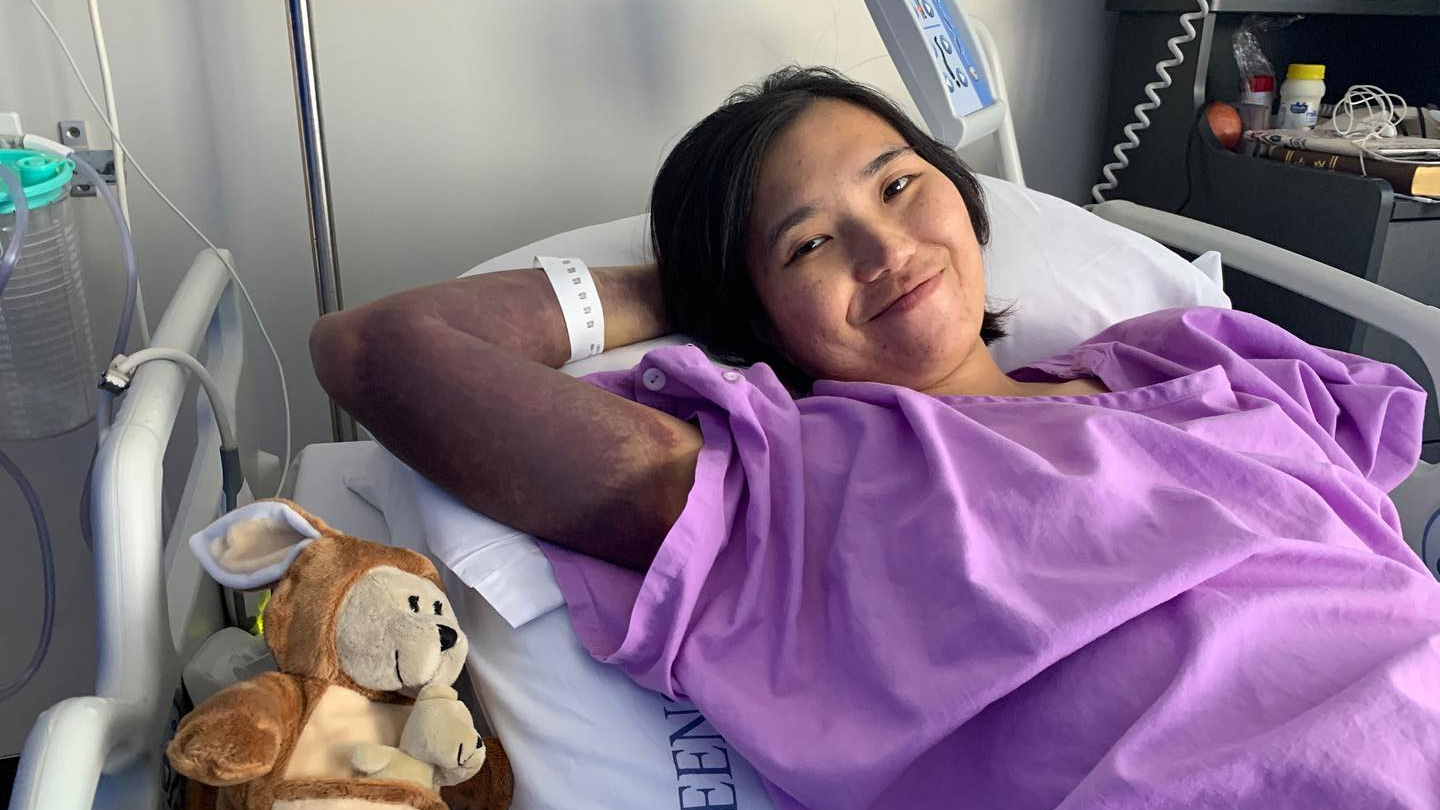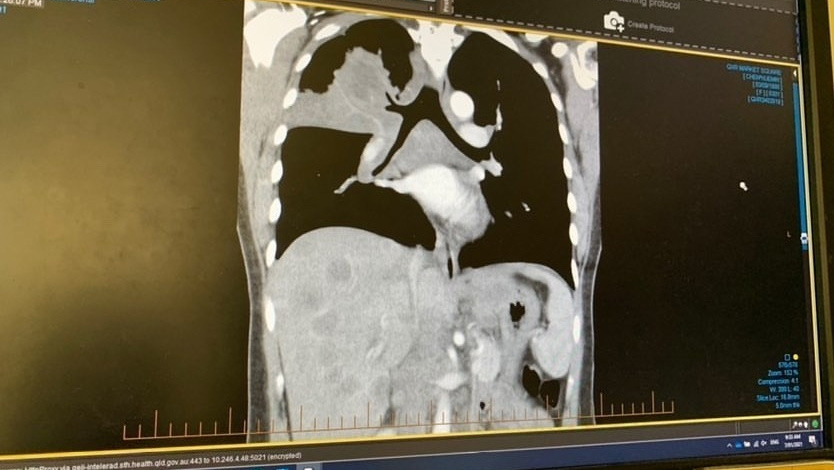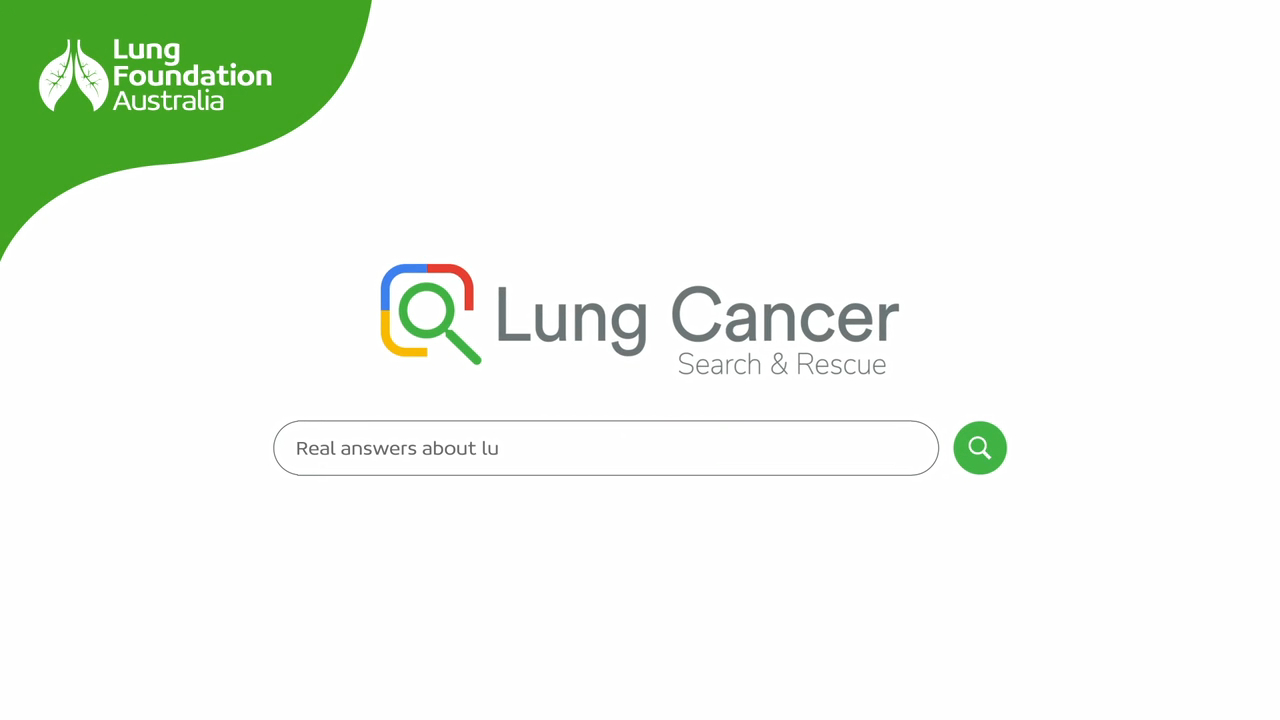Mia Chen thought she had a cold that just wouldn't go away.
The 30-year-old from China had been working as a waitress on Queensland's idyllic Hamilton Island when she developed a cough last December.
Then her back began to hurt.
Concerned she wasn't getting any better, Ms Chen went to see a GP.
"The doctor told me it was probably just the air temperature and it wasn't a big deal," Ms Chen, who has been living in Australia for two years on a working holiday visa, told nine.com.au.
"He just asked me to go and buy some cough medicine."
After another week, Ms Chen's cough and backache had gotten worse. She visited the same GP again and was given antibiotics.
But the antibiotics didn't help.
READ MORE: Fears tens of thousands of Aussies could have cancer and not yet know

By the beginning of the year, a month after she first got sick, Ms Chen's health was going downhill alarmingly fast.
"I was in pain all the time. I was very weak and couldn't even stand. I had a very bad headache and back pain," she said.
She went to see another GP down in Brisbane, who ordered a chest X-ray.
The X-ray showed up the horrifying truth of what was happening in her body.
Ms Chen had lung cancer.
When the doctor told her the news, Ms Chen said she was in shock.
"I was never a smoker. I had no idea how I could have lung cancer. It was so scary. I thought it was unbelievable," she said.

Further scans at the Queen Elizabeth II Jubilee Hospital revealed even worse news.
The lung cancer was advanced and terminal - having already spread to her heart, liver and bones.
Ms Chen said when she got the news she immediately started making plans to go home to China.
"I wanted to go home. I was so scared that I would die here and never see my family again," she said.
"I was already searching to buy a plane ticket. But the doctor said you can't take a plane, you will die on the plane."
Advanced lung cancer patients are sometimes unable to fly due to low oxygen levels in the aeroplane cabin and the risk of complications from other potential underlying illnesses such as pneumonia.
With no choice but to stay in Australia, Ms Chen was also facing another looming problem – how to pay for her treatment.
As a temporary visa holder, from a country with no reciprocal health care agreement with Australia, Ms Chen is not entitled to Medicare.

Although she had travel insurance for most of her stay, it had lapsed in June.
Ms Chen did not renew it until January 1, after her first doctor visits. Her insurer has told her claim is therefore not valid.
Ms Chen said she had been given a hospital bill of about $45,000 after undergoing radiation and other treatment at the Princess Alexandra Hospital for three weeks.
However, concerned friends have helped come to her rescue, raising more than $50,000 towards her hospital bill and ongoing treatment with an online fundraiser.
Ms Chen, whose dream was to study in Australia and become a pastry chef, will be travelling home soon, with doctors telling her she will be able to return to China later this month.
Ms Chen said she was grateful for all the support she had received from her friends and medical professionals in Australia.
"I am so thankful for my friends, and for the hospitals and doctors here in Australia. They have treated me very well," she said.
"I am not lucky but in a way I feel lucky. At least I am still alive."
Contact reporter Emily McPherson at emcpherson@nine.com.au.
from 9News https://ift.tt/3jx3j0b
via IFTTT


0 Comments